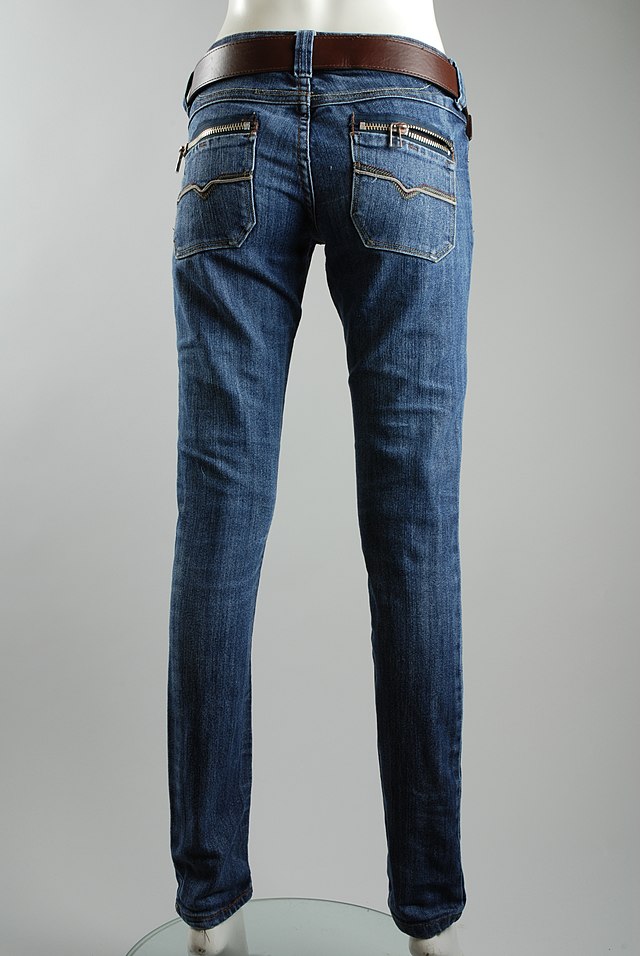Many women agree their bathrooms feel like laboratories where they artfully formulate compounds, synthesize do-it-yourself skin care and evaluate products for maximum potential. Now the beauty industry is taking note.
In real laboratories, research is being done that has the potential to alter the landscape of how we look, age and feel in the not-so-distant future. Experiments with pills and fat-dissolving injections, as well as growing thicker hair, are all within the realm of possibilities.
At Scripps Research Institute in Jupiter, Florida, scientists are developing a compound called SR9009, which has been shown to boost metabolism, muscle and increase exercise endurance when injected into mice. But don’t cancel your gym membership yet as human clinical trials are at least a few years away.
You might not have to wait too long to rid yourself of a stubborn double chin though, as a new injectable called ATX-101 is currently awaiting FDA approval. ATX-101 is a synthetic version of a naturally occurring molecule in the body that breaks down dietary fat beneath the skin and releasing lipids into the body that are used as energy.
New research is promising for women who experience significant hair loss, which is harder to treat than men’s because of the more even distribution of hair loss, too. Angela Christiano, director of basic science research in the department of dermatology at Columbia University Medical Center in New York, is heading experiments in which hairs from volunteers were collected and separated out of the dermal papillae, which is the connective tissue at the base of the hair follicle. These follicles were put in a petri dish and fed tissue culture and nutrients. Within a few weeks, they began to multiply and continued to grow when transplanted onto mice that had human skin grafted onto them.
But for the more tech-y, less clinical approach there’s also a great deal of potential. Last year, Grace Choi introduced the concept of a 3D makeup printer at Disrupt NY, an annual technology conference. The printer, called “Mink,” promises the ability to print any color found on the web or in real life and transfer it into any blush, eye shadow, lipstick or other types of makeup. Choi said she hopes Mink will retail for about $200 and be available soon, but there’s no exact word on a launch date or projection.
Meanwhile, Katia Vega, a computer scientist, has developed eyelashes and press-on nails with multiple functions. Demonstrated last year at the Interactive Tabletops and Surfaces conference at the University of St. Andrews, U.K., models wore fake eyelashes that could control drones by blinking, and press-on nails acted as a miniature Theremin by playing an air piano or D.J.-ing a tub of water.
The potential to up the game of party tricks is huge, but Vega said the real aim of her “beauty technology” is to provide an alternative way to make quick micro-interactions – e.g., wearable computers like Google Glass. Although Vega has been discussing the commercial viability of her designs with cosmetic companies, there are no current plans for commercial development.
If you absolutely need scientific makeup now, Yves Saint Laurent might have the product for you. Using NASA-inspired technology, YSL has developed a foundation called Fusion Foundation, which promises to keep oil blotting papers at bay. According to YSL, NASA first used lipophilic actives to capture stellar dust particles in outer space. Now Fusion Foundation uses the same technology with its unique honeycomb structure that absorbs four times its weight in sebum, effectively preventing shininess without creating an uncomfortable or dry sensation. It might not be as revolutionary as the first moon landing or an exercise pill, but at least you are not shiny.
Emma Sandler can be reached at [email protected].

















